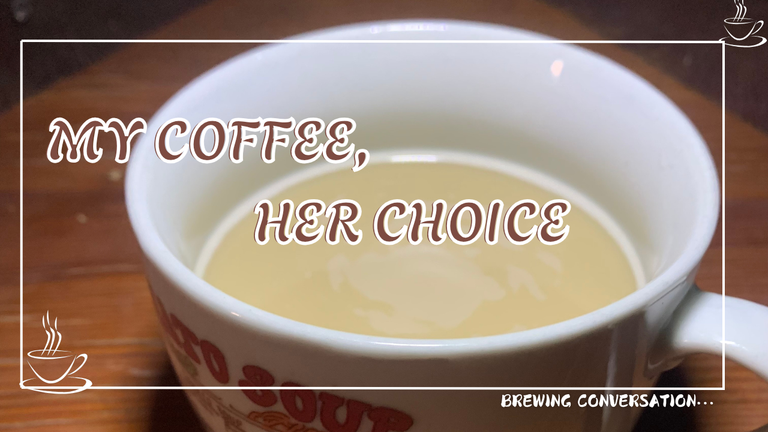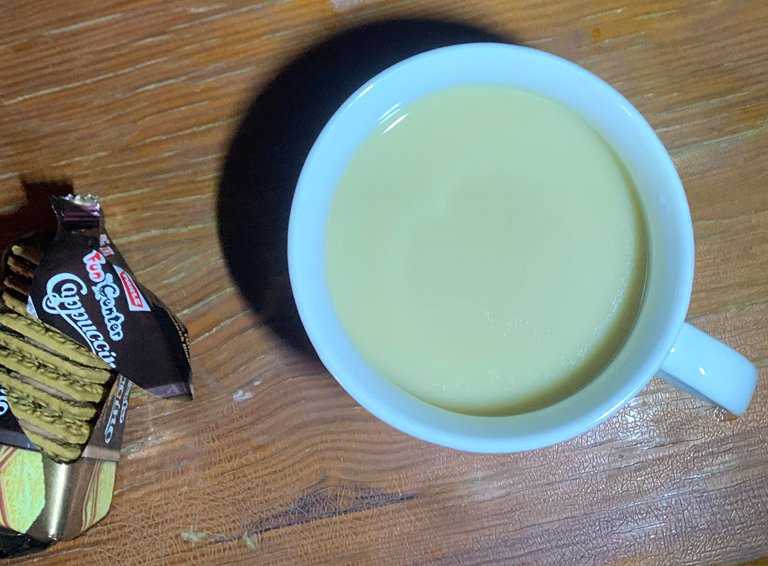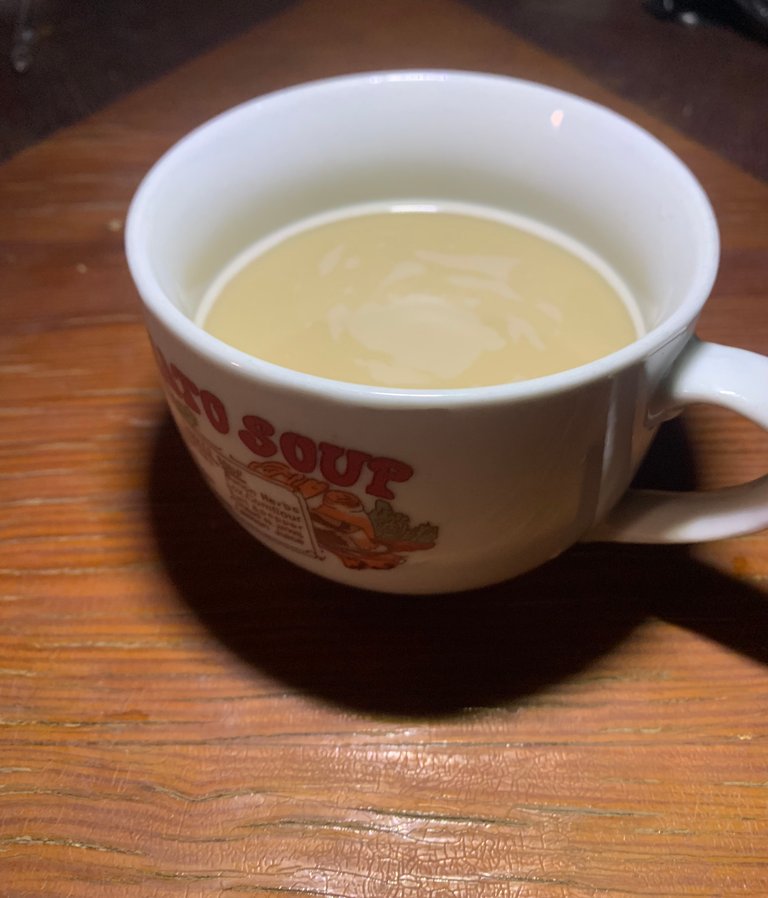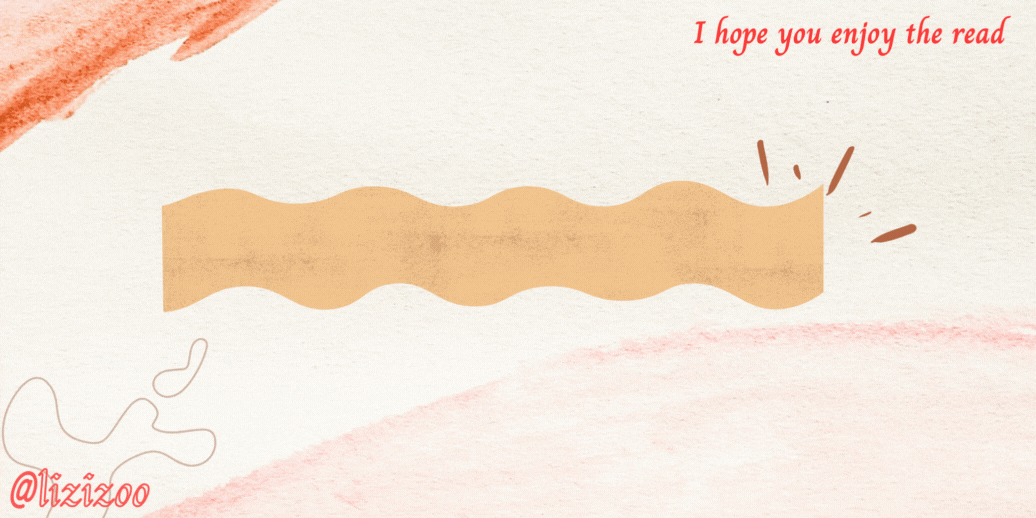I can still recall my new roommate’s reaction when she saw me drink coffee for the first time. It was just a few months ago, when we resumed a new session at university. Her reaction was quite surprising because I hadn’t met anyone who didn’t like coffee. Some people might not love to take it constantly, but they usually don’t mind having it occasionally.
If I were on a friend date with her—someone who doesn’t like coffee— of course, I wouldn’t judge. I would understand, though I might feel a little bad for her thinking she is probably missing out on the savory relish of coffee. To be honest, I can also relate to her in my own way. There are a lot of drinks or foods, I don’t like but I never judge others for enjoying them.

That day, We had a little conversation about coffee, while I sipped my coffee. I was curious to understand her point of view. Turns out, she is the only one in her family who doesn’t drink coffee. For some reason, I felt quite relieved to hear that she was the only one, ha.
The first thing I would do with someone who dislikes coffee is try to convince them to take a sip If they have already had an experience with coffee, I‘d ask what exactly turned them off. My roommate, Christy, has tried coffee before, and apart from the fact that she said she didn’t really like the taste, she mentioned it made her feel terrible and she couldn’t sleep the day she drank it. She also went on about the health benefits and side effects of coffee.

I’m someone who actually loves to understand people, I like to see things from their point of view, to be in their shoes. I understood her point, and I would try to understand anyone else's as well. I did enlighten her, although she might have low coffee tolerance or maybe it triggered her ulcer conditions, she‘d also planted the idea that “coffee is bad” deep down in her head.
Coffee can be bad, yes, it has a side effects, yes!. But what doesn’t?! The thing is, whatever you take or do should be moderation and not too much. Taking the right amount of coffee can be considered healthy. According to Google, it has a lot of benefits and help fight some diseases like diabetes and liver cancer.

I didn’t have to cajole or force her to like coffee but I needed to change the ideas she had about it. I don’t have to judge or let that affect our relationship—she has her perspective, and I have mine. As it turns out, she likes tea, which I don’t. Specifically, she like teas like Lipton, which I certainly don't enjoy. She doesn’t even fancy the common beverages in my country—Milo or Bournvita (cocoa drinks in general).

I believe everyone has their preferences (For example, while I don’t mind a little malt mixed into cocoa beverages, I don’t take malt-based drinks which is very common here). No one should be judged for their preferences and that shouldn’t determine the strength of friendship. After staying with her for a few months, I realised there were plenty of things she eats that I don’t, and vice versa.

In conclusion, the least I can do when I'm with someone who doesn’t like coffee is to understand and enlighten them. Most importantly, I’d respect their decision! The only way it could affect our relationship is if he or she reacted bitterly and resentfully to ‘me and my coffee’. Because in the end, it's not just about the coffee—it’s about respecting each other’s choices.
☕︎
☕︎
𝙰𝚕𝚕 𝚒𝚖𝚊𝚐𝚎𝚜 𝚊𝚛𝚎 𝚖𝚒𝚗𝚎. 𝚃𝚑𝚞𝚖𝚋𝚗𝚊𝚒𝚕 𝚒𝚜 𝚍𝚎𝚜𝚒𝚐𝚗𝚎𝚍 𝚞𝚜𝚒𝚗𝚐 𝙲𝚊𝚗𝚟𝚊.
☕︎

Posted Using INLEO
Don't we all have things like that? Things that just make us go "ew". Of course, personally, I can't imagine coffee being one of them, but that's just me. It sounds like you took a very mature approach to the whole situation and hopefully, in time, your friend will also learn to be more accepting when she notices someone consuming something she doesn't like :D Thanks for participating!
Yeah, I think everybody has one or two things that they don’t like.
I believe we will both learn to live with our differences and balance things up.
Thank you.
Thank you for having me
Coffee is hard to separate from life. My days are also always tied up with coffee.